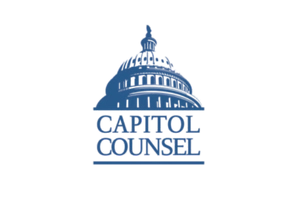Capital Counsel is a lobbying firm registered with the EU Transparency Register, operating to influence EU policymaking on behalf of its clients. While detailed public information specific to Capital Counsel’s structure and activity is limited in the accessible sources, typical lobbying firms accredited under the EU Transparency Register operate across multiple policy domains, engaging with EU institutions such as the European Commission, the European Parliament, and the Council. Their primary role is to advocate for client interests by monitoring legislative developments, preparing policy analyses, and arranging direct access to EU officials to present their clients’ positions. Capital Counsel’s presence in Brussels situates it in the heart of the EU’s primary lobbying hub, an environment characterized by intense competition for influence among thousands of organizations with reported lobbying expenditures ranging in billions of euros yearly.
Like other consultancies in the Transparency Register, Capital Counsel is expected to disclose annually its advocacy activities, including financial expenditures, number of lobbyists, and targeted policy areas. These disclosures are designed to provide transparency to EU citizens about which interests shape EU laws and policies. Such firms typically serve a variety of clients, ranging from multinational corporations to industry associations or NGOs, tailoring advocacy strategies accordingly. The mandatory linkage of registered lobbyists to official meetings with senior EU decision-makers underscores the firm’s role as a gatekeeper to institutional access, which is essential in influencing complex EU legislative procedures.
However, the context of EU lobbying also involves significant challenges concerning the reliability and completeness of disclosed information. Investigations in recent years revealed many lobby entities underreport expenditures or misstate figures in the Transparency Register. This underlines ongoing scrutiny over lobbying practices in Brussels and the critical role firms like Capital Counsel play in adhering to or resisting evolving transparency standards. Although no specific controversies or audit results have been linked publicly to Capital Counsel, the entire lobby sector is affected by heightened calls for tighter regulation and verification to ensure accountability within EU policymaking


